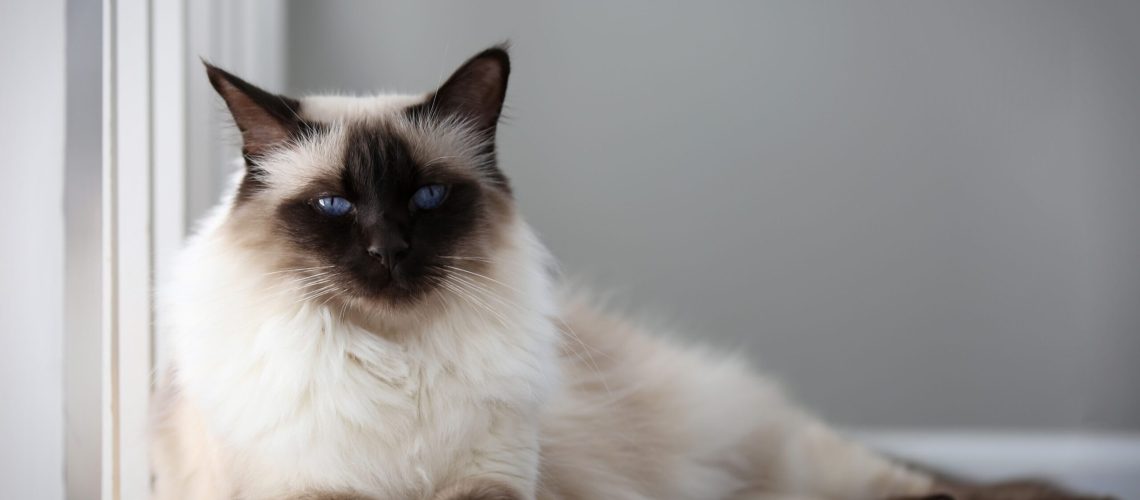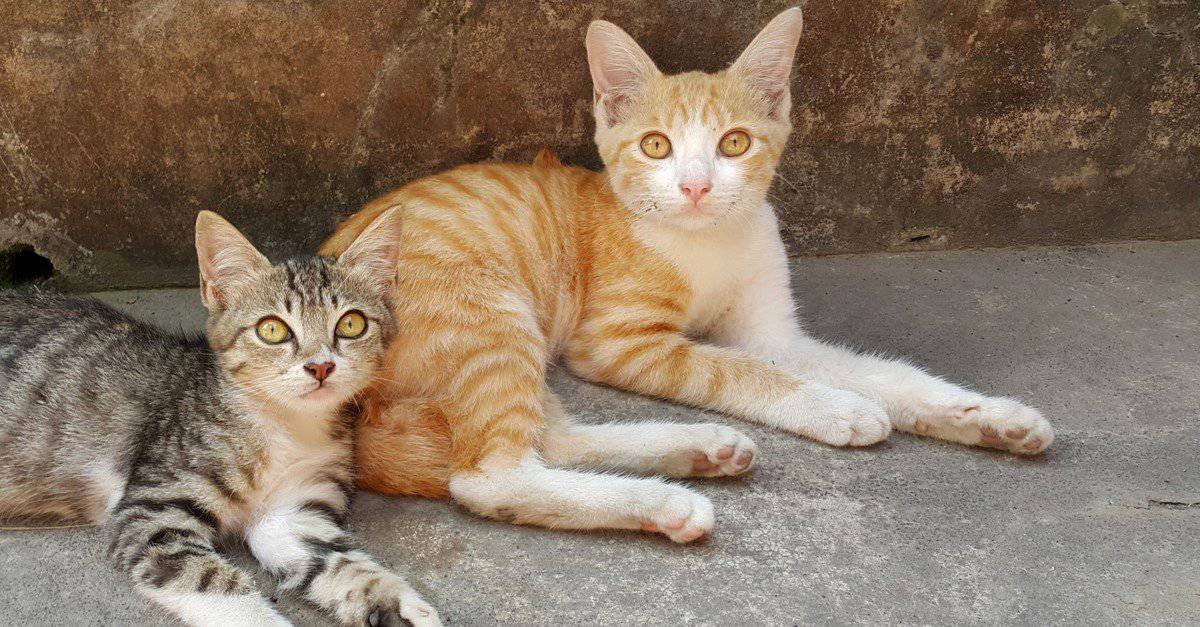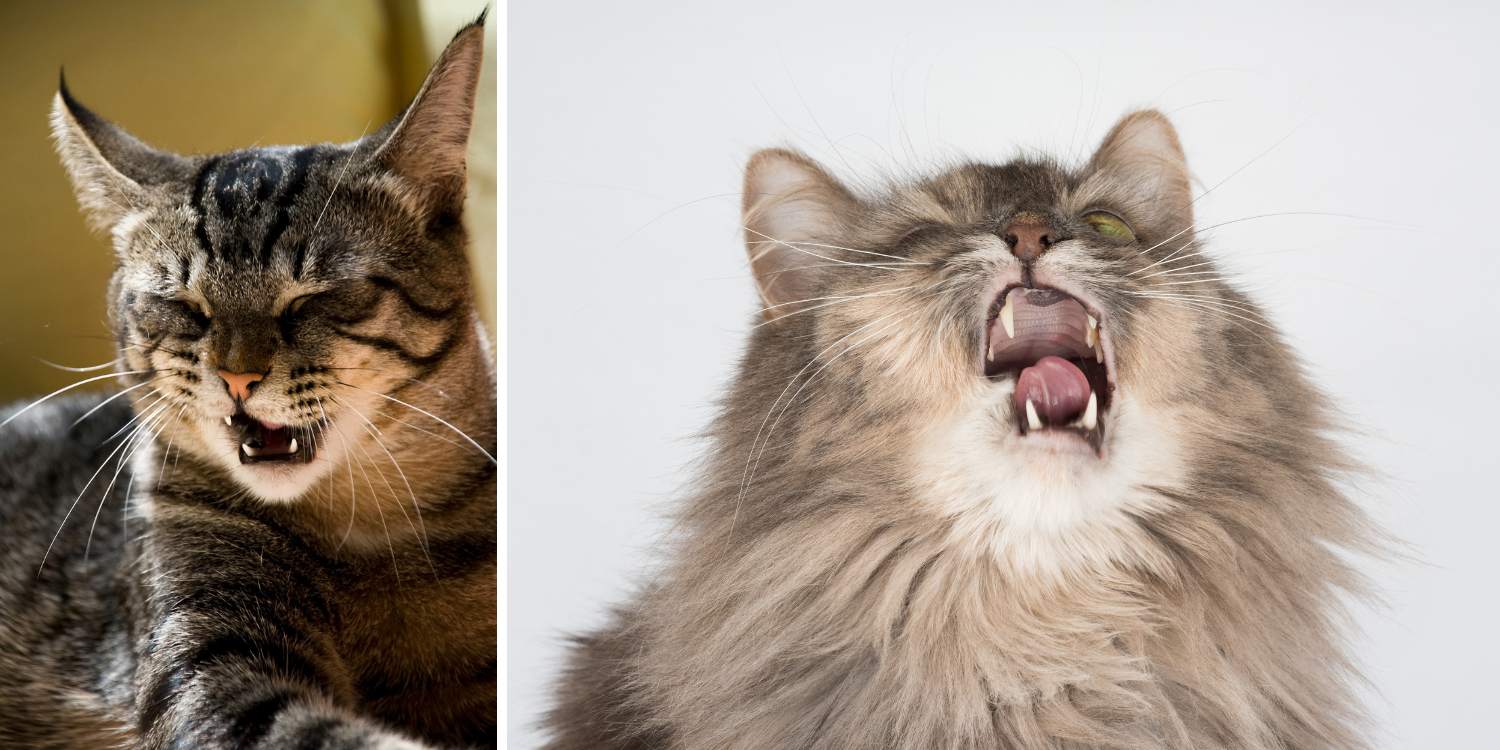Are you tired of constantly sneezing and itching whenever you're around cats? In this article, we will explore the top cat breeds that won't trigger your allergies, allowing you to experience the pure bliss of being a cat owner. Get ready to discover a whole new world of feline companionship!
Key Takeaways:
- Some cat breeds produce fewer allergens than others, making them a better choice for allergy sufferers.
- The Siberian cat breed is known to produce lower levels of allergens and may be suitable for individuals with allergies.
- The Balinese and Javanese cat breeds are considered hypoallergenic due to their low allergen production.
- Certain cat breeds, such as the Devon Rex and Cornish Rex, have less hair and dander, reducing the likelihood of triggering allergies.
- Regular grooming and cleaning can help minimize allergens in the home and create a more allergy-friendly environment for cat owners.
Sneeze-Free Joy: Best Cat Breeds for Allergy Sufferers
Why It's Important to Choose a Cat Breed That Doesn't Trigger Allergies
If you suffer from allergies, having a cat can be a challenge. But did you know that not all cat breeds will make you sneeze and itch? It's important to choose a cat breed that doesn't trigger your allergies because it can greatly improve your quality of life. When you're allergic to cats, being around them can cause symptoms like sneezing, coughing, itchy eyes, and even difficulty breathing. By selecting a hypoallergenic cat breed, you can enjoy the companionship of a furry friend without suffering from these uncomfortable symptoms.
Common Symptoms of Cat Allergies You Should Know About
If you suspect that you have a cat allergy, it's essential to be aware of the common symptoms. These symptoms may include:
- Sneezing: If you find yourself constantly sneezing when near cats or in their presence, it could be a sign of an allergy.
- Coughing: A persistent cough after being around cats may indicate an allergic reaction.
- Itchy eyes: If your eyes become red, watery, and itchy when exposed to cats, it is likely due to an allergic response.
- Difficulty breathing: Some people with severe cat allergies may experience shortness of breath or wheezing.
By recognizing these symptoms, you can take steps to minimize your exposure to allergens and find the right cat breed that won't trigger your allergies.
Hypoallergenic Cat Breeds: Which Ones Are Considered Safe for Allergy Sufferers?
Not all cat breeds produce the same amount of allergens. Some breeds are considered hypoallergenic, meaning they produce fewer allergens or have a different type of protein in their saliva that is less likely to cause allergies. Here are some hypoallergenic cat breeds that are generally safe for allergy sufferers:
- Siberian: The Siberian cat breed is known for producing lower levels of Fel d 1, the primary allergen found in cats.
- Balinese: Balinese cats have a single coat and less undercoat, which can help reduce the distribution of allergens.
- Russian Blue: Russian Blue cats produce fewer allergens and have a shorter coat, reducing the spread of allergens.
These are just a few examples of hypoallergenic cat breeds, but it's important to note that individual reactions may vary. It's always recommended to spend time with a cat before bringing them home to see if you have any allergic reactions.
How Owning a Hypoallergenic Cat Can Improve the Quality of Life for Allergy Sufferers
Owning a hypoallergenic cat can significantly improve the quality of life for allergy sufferers. By choosing a cat breed that produces fewer allergens, you can enjoy the companionship and love of a furry friend without suffering from constant sneezing or itchy eyes. Having a hypoallergenic cat means you won't need to constantly take allergy medication or worry about severe allergic reactions when spending time at home.
Important Factors to Consider When Selecting a Hypoallergenic Cat Breed
When selecting a hypoallergenic cat breed, there are several factors you should consider:
- Coat type: Cats with shorter coats or single coats tend to produce fewer allergens.
- Grooming needs: Some hypoallergenic cat breeds require regular grooming to prevent the buildup of allergens on their fur.
- Personal allergies: It's important to spend time with a cat of the chosen breed before bringing them home to ensure you don't have any allergic reactions.
By considering these factors, you can find a hypoallergenic cat breed that suits your lifestyle and won't trigger your allergies.
Discover How Certain Cat Breeds Can Bring Joy to People with Allergies
Living with allergies can be challenging, especially when you love animals. However, there is good news for cat lovers who suffer from allergies. Certain cat breeds are known to produce fewer allergens, making it possible for allergy sufferers to enjoy the companionship of a feline friend without constant sneezing and itching.
One such breed is the Siberian cat. These beautiful cats have been found to produce lower levels of the Fel d 1 protein, which is the primary allergen responsible for triggering allergic reactions in humans. Additionally, Siberian cats have a dense coat that helps trap allergens and prevents them from becoming airborne, further reducing the risk of an allergic reaction.
Why It's Important to Choose a Cat Breed That Doesn't Trigger Allergies
If you suffer from allergies, choosing a cat breed that doesn't trigger your symptoms is crucial for your well-being. Living with constant sneezing, watery eyes, and itching can significantly impact your quality of life. By selecting a hypoallergenic cat breed, you can enjoy all the benefits of owning a pet without compromising your health.
Hypoallergenic cat breeds are specifically bred to produce fewer allergens or have coats that are less likely to shed allergenic proteins. This means that even individuals with severe allergies can often coexist comfortably with these cats. By choosing a hypoallergenic breed, you can experience the joy and companionship that comes with owning a cat while minimizing the risk of allergic reactions.
Common Symptoms of Cat Allergies You Should Know About
If you suspect you may be allergic to cats or are considering getting one despite having allergies, it's essential to be aware of the common symptoms associated with cat allergies. These symptoms can vary from mild to severe and may include:
Sneezing
Sneezing is one of the most common symptoms of cat allergies. It occurs when your immune system reacts to the allergens present in a cat's dander, saliva, or urine.
Itchy, Watery Eyes
Allergens released by cats can irritate your eyes, causing them to become itchy and watery. This symptom can be particularly bothersome and affect your daily activities.
Nasal Congestion
Cat allergies can lead to nasal congestion or a stuffy nose. This occurs when the lining of your nasal passages becomes inflamed due to exposure to allergens.
Other symptoms may include coughing, wheezing, skin rashes, and difficulty breathing. If you experience any of these symptoms after being around cats, it's important to consult with a healthcare professional for an accurate diagnosis.
Hypoallergenic Cat Breeds: Which Ones Are Considered Safe for Allergy Sufferers?
When it comes to hypoallergenic cat breeds, several options are considered safe for allergy sufferers. One popular choice is the Balinese cat. Despite their long fur, Balinese cats produce fewer allergens compared to other breeds due to genetic factors. Their silky coat also tends to shed less dander, making them a great option for individuals with allergies.
The Devon Rex is another hypoallergenic breed known for its low allergen production. These cats have curly hair that traps allergens and prevents them from becoming airborne. Additionally, Devon Rex cats have less hair overall compared to other breeds, reducing the amount of dander present in the environment.
How Owning a Hypoallergenic Cat Can Improve the Quality of Life for Allergy Sufferers
Owning a hypoallergenic cat can have a significant positive impact on the quality of life for allergy sufferers. These cats produce fewer allergens, which means less exposure to triggers that cause allergic reactions. This can result in reduced symptoms such as sneezing, itching, and congestion.
Furthermore, hypoallergenic cat breeds often require less grooming compared to other breeds. Their coats shed less dander and are easier to maintain, reducing the amount of allergens present in your home. This can lead to a cleaner living environment and further minimize the risk of triggering allergies.
Important Factors to Consider When Selecting a Hypoallergenic Cat Breed
When selecting a hypoallergenic cat breed, there are several important factors to consider:
- Allergy Testing: Before bringing a cat into your home, it's recommended to undergo allergy testing to determine if you are specifically allergic to cats or if other allergens may be contributing to your symptoms.
- Breed Characteristics: Each hypoallergenic breed has its own unique characteristics and temperament. Research different breeds and consider factors such as size, activity level, and compatibility with children or other pets.
- Grooming Needs: While hypoallergenic cats generally require less grooming than other breeds, it's still important to understand their specific grooming needs. Some breeds may need regular brushing or occasional bathing to keep their coats healthy and minimize allergen buildup.
By considering these factors and doing thorough research, you can find the perfect hypoallergenic cat breed that suits your lifestyle and brings joy without triggering allergies.
In conclusion, if you suffer from allergies but still want to enjoy the company of a cat, there are some breeds that may be more suitable for you. These hypoallergenic cats produce fewer allergens, making it possible for you to experience sneeze-free joy and companionship.
What cat is 100% hypoallergenic?
Contrary to common belief, there are no hypoallergenic cats. The reason certain cats are suggested for people with allergies is because of their lower protein production.
What cat are people least allergic to?
The Siberian cat, despite its long fur, is surprisingly hypoallergenic and considered one of the safest cat breeds for people with allergies.
Should I live with a cat if I am allergic?
It is feasible for many individuals to live with cat allergies as long as they follow the necessary precautions. When selecting a cat, consider your allergies, take steps to minimize allergens in your home, and regularly groom and clean up after your pet. By doing so, you and your cat can enjoy many years together without sneezing.
Can I make myself immune to cat allergies?
Immunotherapy includes receiving allergy shots on a weekly basis for up to six months, followed by monthly boosters for three to five years. While some individuals achieve full immunity, others still require shots, and some may not experience any relief at all.
Do certain cats make allergies worse?
The amount and types of allergens produced by cats can vary greatly between cats, and individuals may have different reactions to different cats. These differences in allergen production are not related to the cat's hair length or breed.
Do orange cats cause more allergies?
There is a common belief that cats with darker or longer hair are more likely to cause allergies compared to cats with lighter or shorter hair. However, this is a myth as hair color and length do not have any impact on allergen production.

















